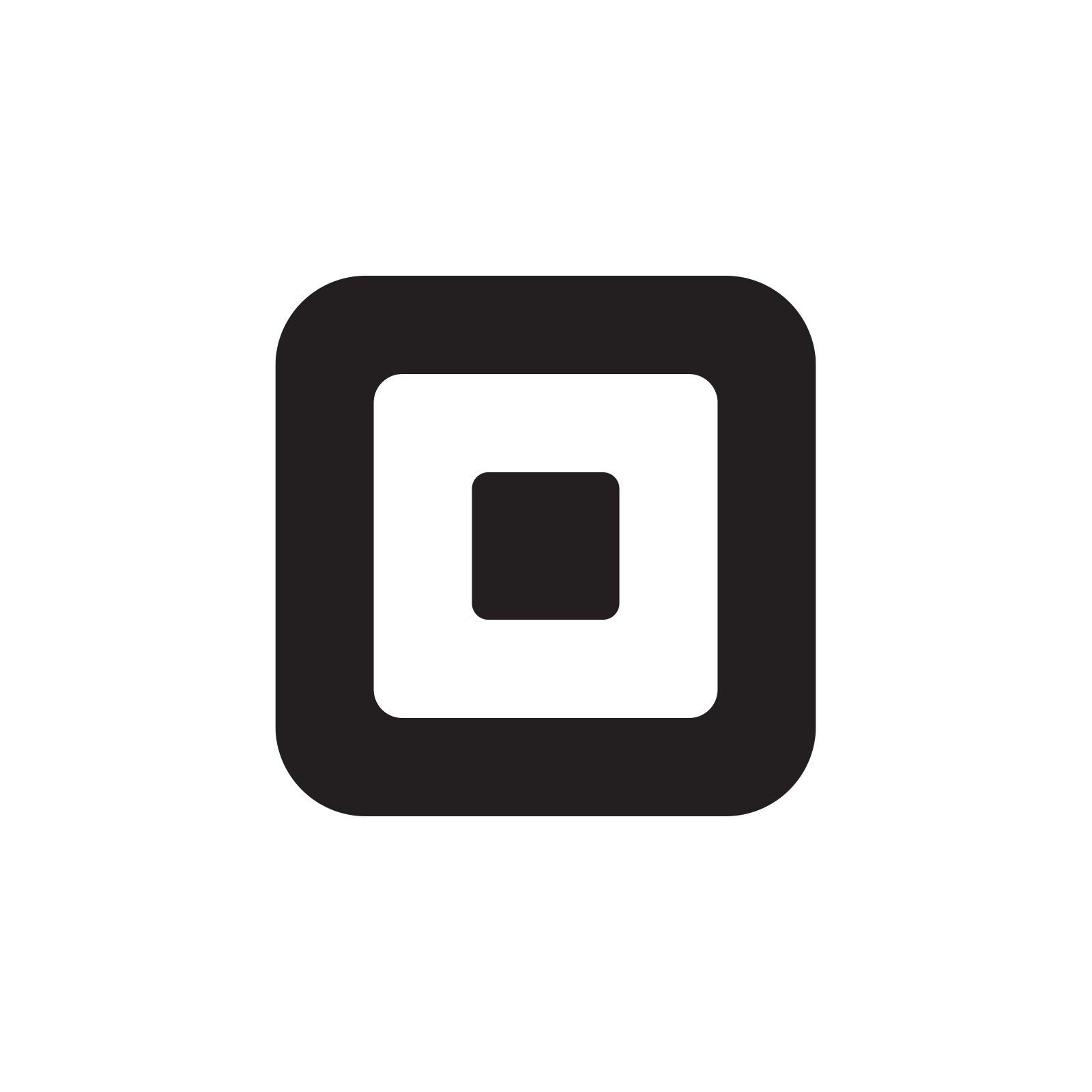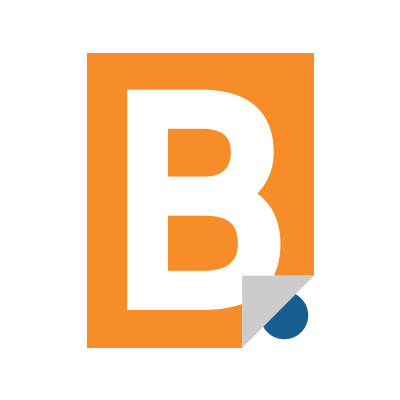How I Became A Sales Coach After A Life-Changing Moment [$108K/Year Revenue]
Hello! Who are you and what business did you start?
What’s up World, It’s your guy, Stephen Steers. I’m a native of New York City - like an actual native. I survived the NYC crack era, haha.
I’m the author of Superpower Storytelling and I’m a sales consultant and sales coach.
I work with Venture-Backed Startups, SMBs, and Corporate sales teams to help them streamline sales and leverage storytelling to increase their close rates.
I believe that every business owner has a story worth telling and a story worth selling.
My work combines the two.
I use a method called Context selling which makes me about $9k/mo part-time.

What's your backstory and how did you come up with the idea?
I almost died at work at my very first "job" out of college. I worked in the construction industry in New York City. I bore the title Assistant Field...

































